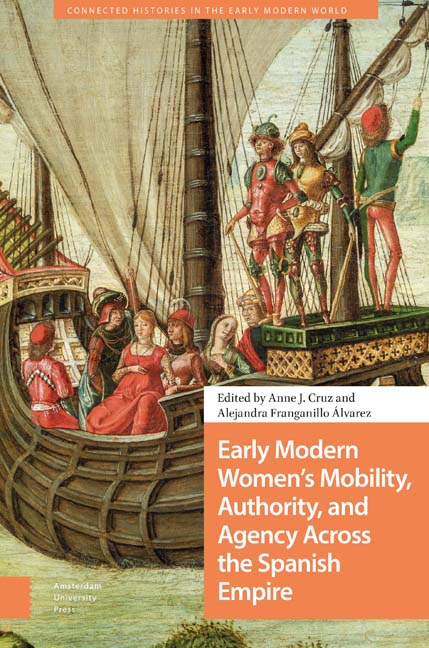7 - Hortense Mancini: A Life on the Run
Published online by Cambridge University Press: 08 May 2024
Summary
Abstract
Hortense Mancini (1646–1699), Cardinal Mazarin's favorite niece, inherited her uncle's fortune in 1661. Due to her marriage to an abusive older man, she fled Paris, taking refuge in Italy and England, where she became Charles II's lover. This chapter studies her scandalous life and why, and in what conditions, she traveled to and from Italy, France, and England. Far from accepting the loss of her reputation, she defended her cause in the Mémoires, published in 1675. She gained the protection and financial support of the kings of France and England, and the duke of Savoy, leading an active public life in London, where she presided over a salon that contributed to the dissemination of French and Italian culture at the British court.
Keywords: Cardinal Mazarin, Mémoires of Hortense Mancini, divorces in France, literary salons, royal mistresses, early modern women
A complex woman whose controversial life inspired novels and essays, Hortense Mancini (1646–1699) eloquently exemplifies the difficulties that early modern women endured in their lives and their agency in resolving them. Her marriage to an abusive man with whom she had little in common led her to flee beyond his control across numerous European countries. Although she resided only six weeks in Milan, then part of the Spanish Monarchy, the journeys she undertook evince how, and in what conditions, noblewomen fled their place of origin, often at great risk not only to their physical health, but to their social standing. Accused of infidelity by her husband, Armand-Charles de La Porte de La Meilleraye (1632–1713), governor of Alsace and lieutenant general of Brittany, she endeavored to justify her transgressive behavior in her Mémoires, which she published in 1675. Despite her reputation, she gained the personal protection and financial support of the kings of France and England, as well as of the duke of Savoy. After her initial flight from Paris and constant travels throughout Europe, impelled by her desire to lead her own life, her last years were spent in London, where she was publicly active and presided over a literary salon that enriched the English court through its dissemination of French and Italian culture.
- Type
- Chapter
- Information
- Publisher: Amsterdam University PressPrint publication year: 2024



